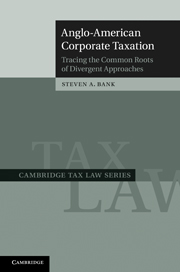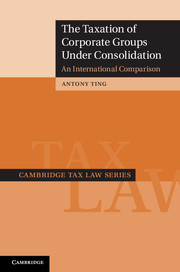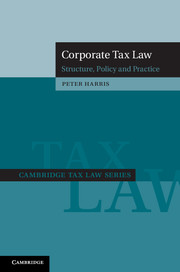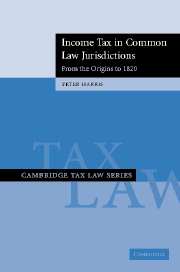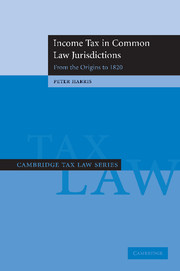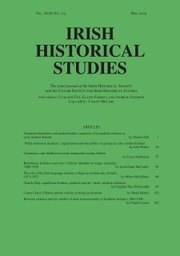Anglo-American Corporate Taxation
The UK and the USA have historically represented opposite ends of the spectrum in their approaches to taxing corporate income. Under the British approach, corporate and shareholder income taxes have been integrated under an imputation system, with tax paid at the corporate level imputed to shareholders through a full or partial credit against dividends received. Under the American approach, by contrast, corporate and shareholder income taxes have remained separate under what is called a 'classical' system in which shareholders receive little or no relief from a second layer of taxes on dividends. Steven A. Bank explores the evolution of the corporate income tax systems in each country during the nineteenth and twentieth centuries to understand the common legal, economic, political and cultural forces that produced such divergent approaches and explains why convergence may be likely in the future as each country grapples with corporate taxation in an era of globalization.
- Comparative historical perspective allows readers to see country comparisons within themes rather than exclusively in compartmentalized chapters
- Focuses on conceptual and structural comparisons, which minimizes technical discussions of individual tax provisions
- Sheds light on contemporary developments and policy debates
Product details
November 2011Hardback
9780521887762
266 pages
235 × 156 × 16 mm
0.54kg
Available
Table of Contents
- Introduction
- 1. A brief history of Early Anglo-American corporate income taxation
- Part I. Twentieth Century and the Divergence in Systems:
- 2. The United Kingdom
- 3. The United States
- Part II. Explaining the Divergence:
- 4. Profits
- 5. Power
- 6. Politics
- Part III. Conclusion:
- 7. 1970s to present: a time of convergence?

